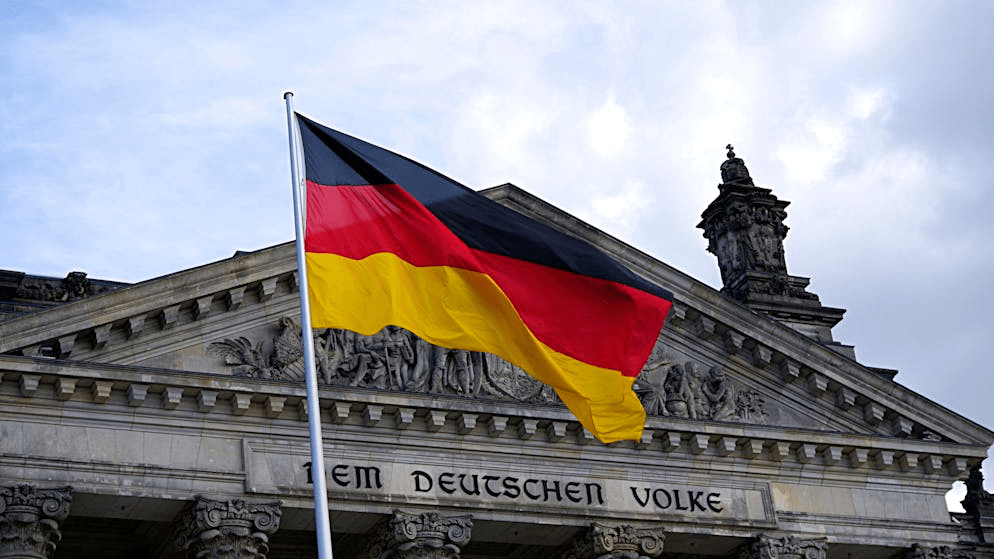
Germany’s 1st Civil Senate of the Federal Court of Justice (BGH) arranged a hearing on the 2nd of May to decide whether the government should reimburse losses from illegal gambling operators.
The case which was initially dismissed by the OLG Dresden (Lower Court of Dresden), was brought to light by an unknown claimant (plaintiff) against a certain Austrian sports betting operator that was offering illegal sports betting services to players from Germany in 2018.
According to the lawsuit by the plaintiff, the defendant didn’t have permission to offer sports betting to players from Germany, which in turn makes sports betting inadmissible, and as such, renders the betting contracts invalid.
Looking at the court documents, it is stated that the sports betting offer of the defendant was indeed illegal, given that it didn’t meet the requirements of Germany’s State Treaty for Online Gambling, i.e. Section 4 Paragraph 5 no2 GlüStV 2012, which covers the maximum monthly stakes per player.
Moreover, it is also in breach of Section 4 Paragraph 5 no 5 GlüStV 2012, which separates other gambling activities from sports betting. In addition, the defendant even offered a cash-out option, a function that is forbidden under the German State Treaty.
The plaintiff demands that the defendant reimburse the payments made to the operator in the amount of €11,984.89 plus interest, which are consequently the losses suffered by the plaintiff.
However, according to Hambach & Hambach, a Munich-based law firm that specializes in gambling law, if the Federal Court of Justice decides to rule in favour of the plaintiff, that might put Germany in a tricky spot and set a risky precedent.
More specifically, Phillip Beumer, a senior partner at Hambach & Hambach, outlines that the reasons why giving “risk-free bets” would be detrimental to the interests of Germany in the long run are three-fold:
- The majority of operators are not based in Germany, and as such, do not have assets that could be factually enforced.
- Germany’s black market will grow even further, being that it will encourage German players to bet with illegal operators and ask for reimbursement.
- German states will suddenly become liable for future damages incurred.
For the time being, all we can do is wait to see whether the Federal Court of Justice of Germany will rule in favour of the plaintiff and decide to reimburse gambling losses from illegal gambling operators, and with that, set a new precedent in the realm of illegal gambling on European soil, a controversial decision that will surely raise a whole new set of regulatory challenges.








